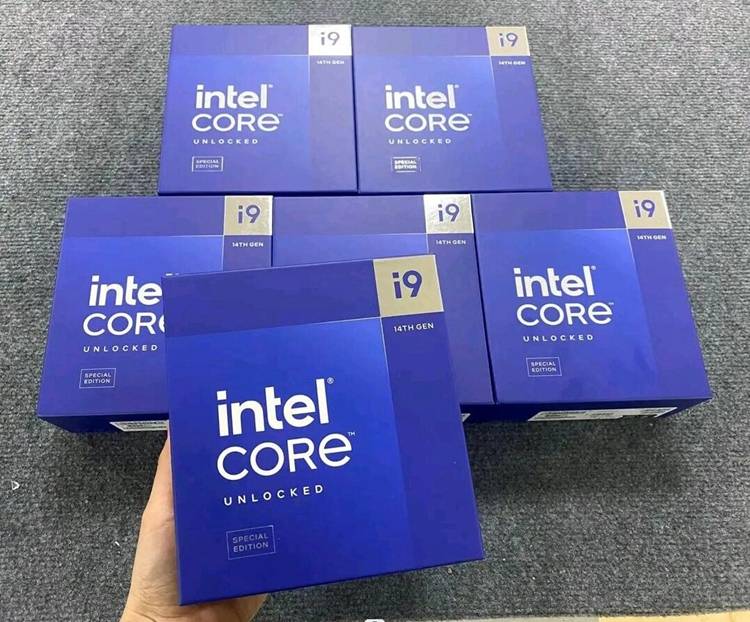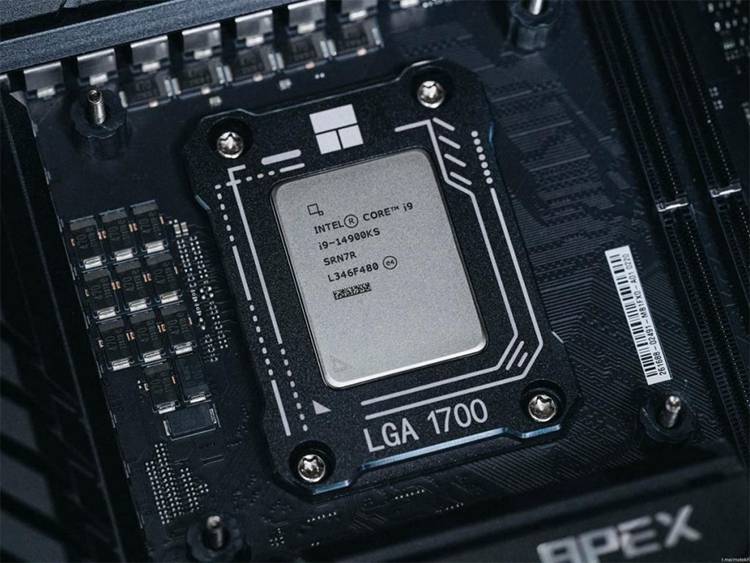Intel Unveils Limited Edition Intel Core i9-14900KS Processor
Intel’s latest release, the Intel Core i9-14900K, may not be the pinnacle of the Raptor Lake Refresh series. Typically, Intel announces the limited edition Intel Core i9-14900KS variant at CES to fully maximize the processor’s performance. However, this year, Intel did not unveil the processor at CES for certain reasons. Fortunately, after a two-month wait, this highly anticipated processor, touted as a masterpiece, is finally ready to meet the public. Intel is set to officially launch the Intel Core i9-14900KS processor on March 16, marking a perfect conclusion to the Raptor Lake Refresh era.

The Intel Core i9-14900KS, being a limited edition processor, naturally outshines other processors in terms of CPU architecture. Its specially selected structure allows for higher frequencies, with rumors suggesting that the Intel Core i9-14900KS will reach a default maximum frequency of 6.2GHz, surpassing the 6.0GHz of the current Intel Core i9-14900K. To maintain this higher frequency, Intel has compromised on power consumption, increasing the TDP from 125W to 150W, with L2 power consumption undoubtedly exceeding the 253W limit. Early leaks even suggest that the processor’s full load power consumption could reach a staggering 409W.

Apart from performance, pricing is a significant concern for consumers. Given that the Intel Core i9-14900K is not budget-friendly, the carefully selected Intel Core i9-14900KS is expected to be even pricier. The launch price of the Intel Core i9-14900K is currently 4999 yuan, whereas the preceding generation’s Intel Core i9-13900KS debuted at 5999 yuan. This indicates that to gain a performance boost of 0.2GHz, customers would need to pay over 1000 yuan more. Unless one is an extreme enthusiast, the Intel Core i9-14900K should suffice. Nevertheless, the Intel Core i9-14900KS, with its superior architecture, may unleash its full potential in the hands of overclocking experts, possibly setting new CPU frequency records.